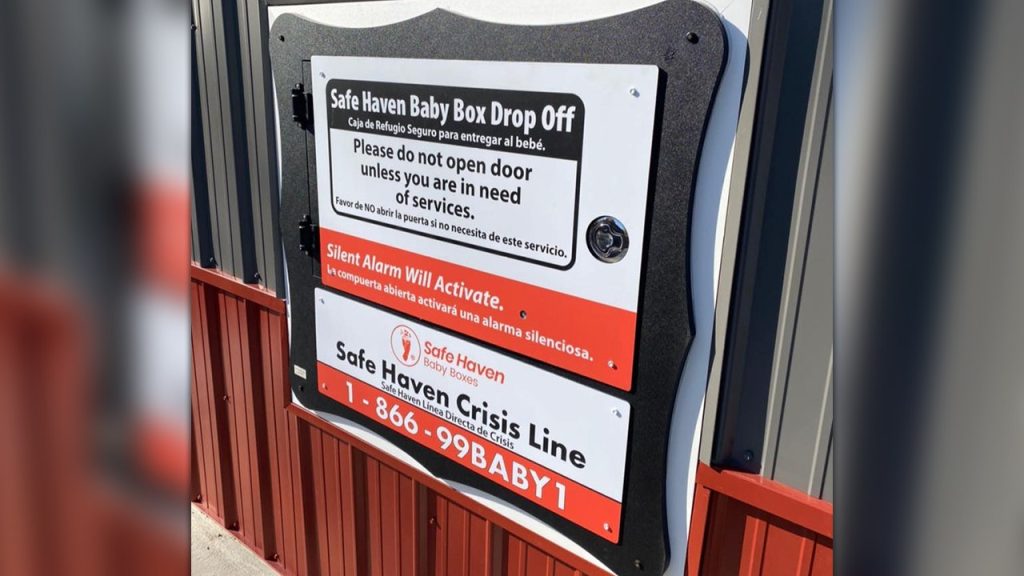Legislation in Florida to expand the state’s “Safe Haven” policy is awaiting Governor Ron DeSantis’ signature after passing through the state legislature. The existing law allows for the legal surrender of unwanted infants at designated drop-off locations, such as hospitals and fire stations. The newly expanded bill would extend the time limit for dropping off a newborn from seven days to 30 days. It would also allow 911 dispatchers to assist in arranging a drop-off location for parents who do not have transportation available. The aim of the expansion is to provide mothers more time and support, especially in situations where they may be dealing with postpartum issues or medical conditions related to childbirth.
According to Nick Silverio, CEO of A Safe Haven for Newborns, the extended time frame provided by the new bill is a positive step that will help mothers who may be experiencing difficulties during the postpartum period. This change brings Florida more in line with other states that already have a 30-day time limit for dropping off newborns. Additionally, adoption agencies in the state believe that the extended law is timely, especially following the implementation of a six-week abortion ban. They anticipate an increase in adoptions and parenting needs, which will require communities to provide additional support services for families. The expanded “Safe Haven” policy is seen as a way to prevent tragic situations where babies are abandoned or placed in danger.
The tragic discovery of a dead baby in a garbage can on the campus of the University of Tampa recently highlighted the need for expanded support for mothers and infants. The mother of the deceased baby reportedly delivered the child in her dorm bathroom and claimed she was unaware of her pregnancy. The baby briefly cried before passing away, according to court records. This incident underscores the importance of providing resources and options for pregnant women who may be facing challenging circumstances. By extending the time frame for surrendering newborns under the “Safe Haven” policy, Florida hopes to prevent similar tragedies and ensure the well-being of both mothers and infants.
The prospect of increased adoptions and parenting needs in Florida, coupled with recent changes in abortion laws, has led adoption agencies like Going Adoption and Surrogacy to anticipate a greater demand for their services. They emphasize the importance of supporting families and communities to meet the needs of children who may enter the child welfare system. As the state braces for potential increases in child care cases, it becomes crucial for public and private entities to collaborate on providing necessary assistance and resources. The expanded “Safe Haven” policy is one part of a broader strategy to address the complex needs of families and children across Florida.
Governor Ron DeSantis’ support for the expanded “Safe Haven” policy reflects a commitment to ensuring the safety and well-being of infants and mothers in the state. By allowing for a longer period for mothers to surrender newborns and providing logistical support through 911 dispatchers, the policy aims to reduce instances of infant abandonment and endangerment. The hope is that by offering more time and assistance to mothers in crisis situations, Florida can help prevent tragic outcomes and promote healthier outcomes for families. As the bill awaits the governor’s signature, it represents a step towards enhancing the support and resources available to pregnant women and families in need across the state.


